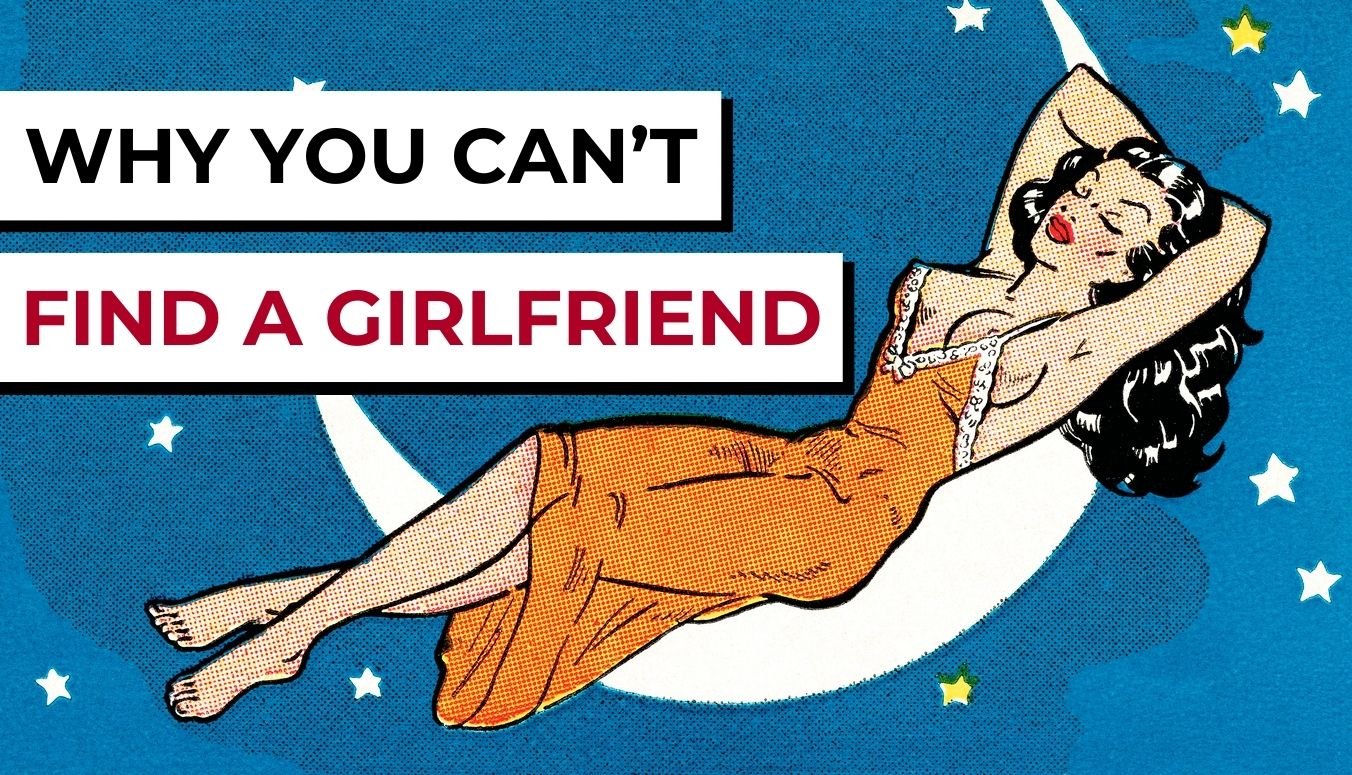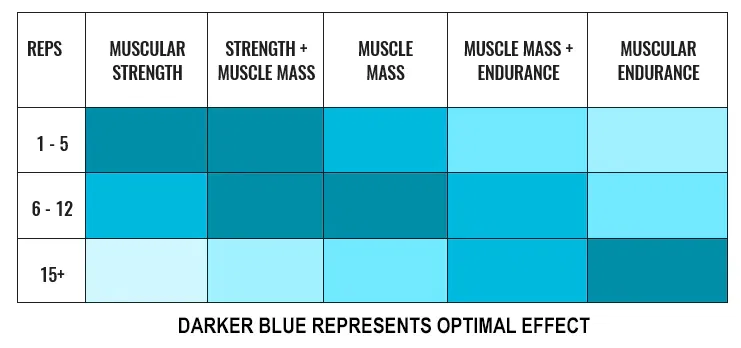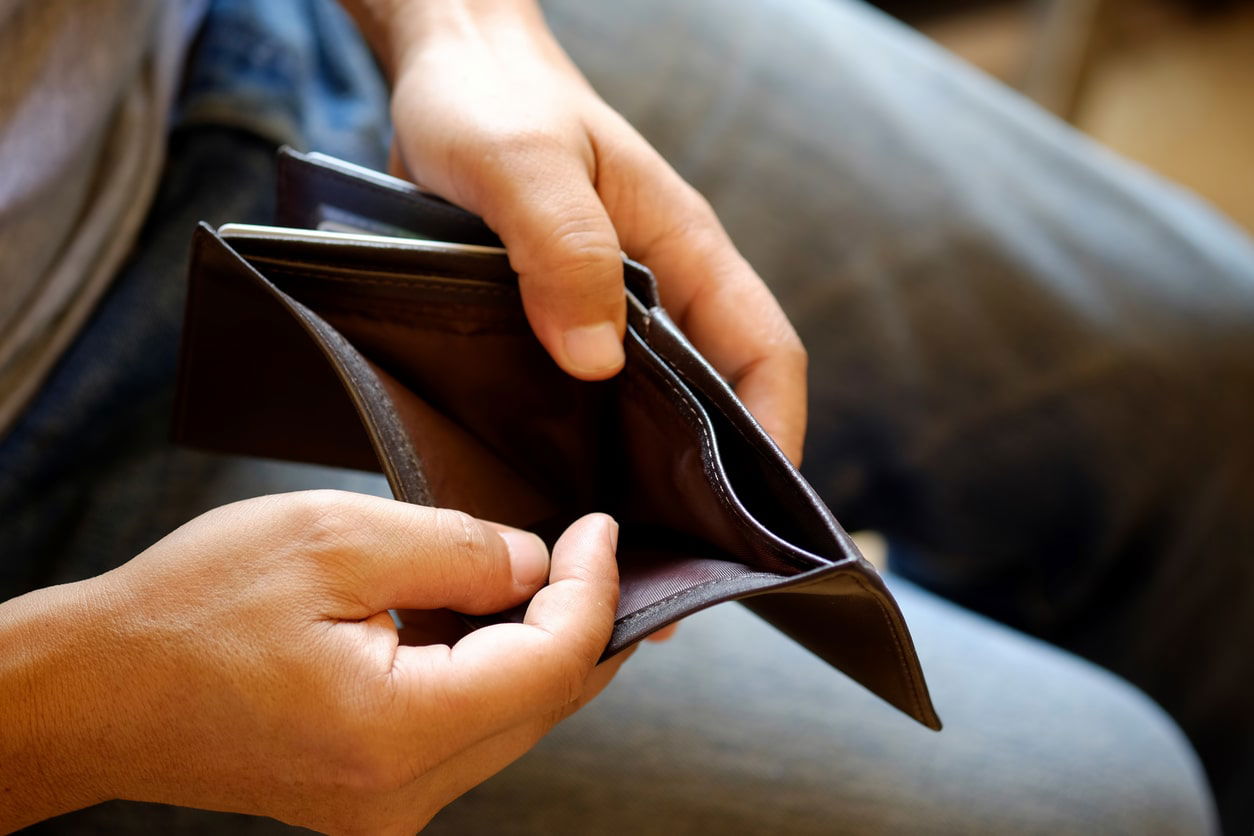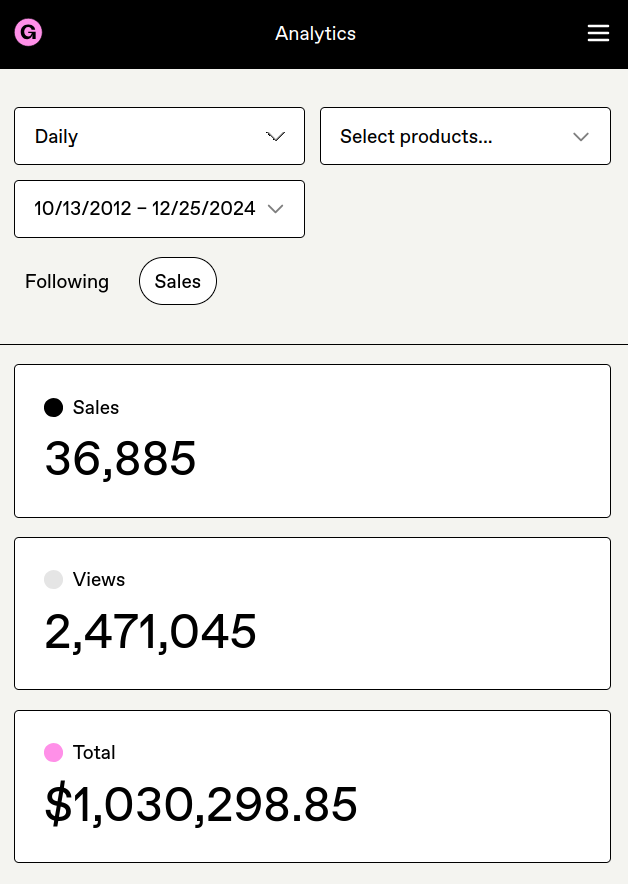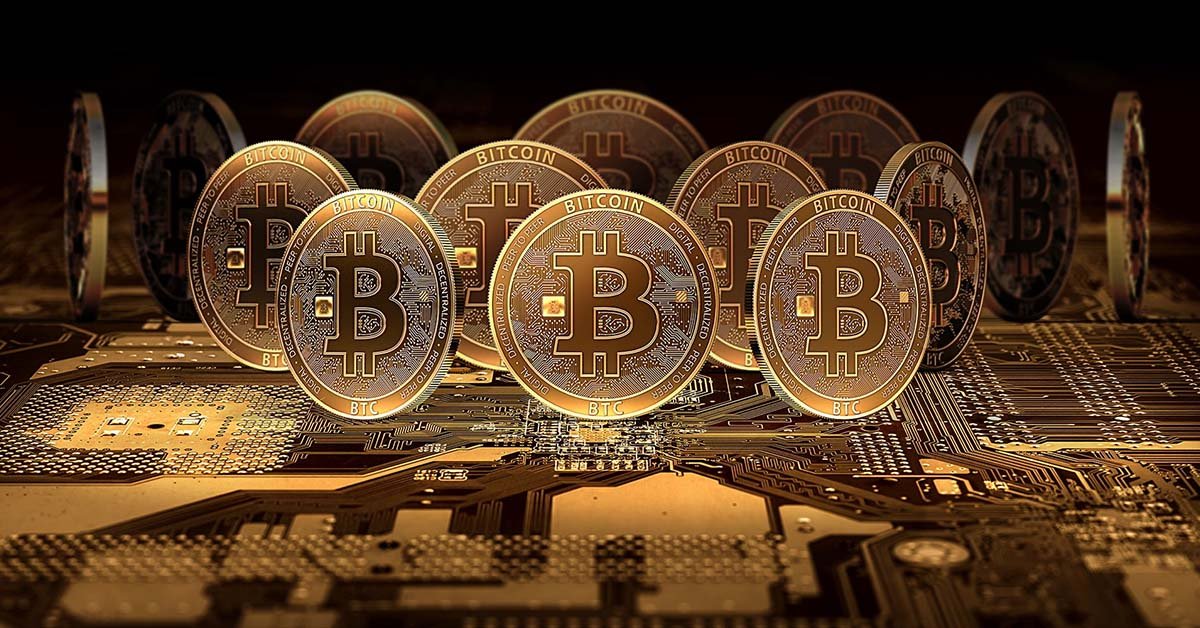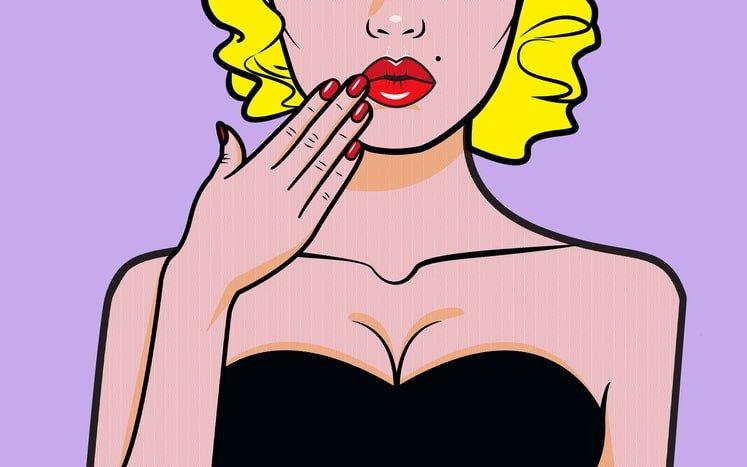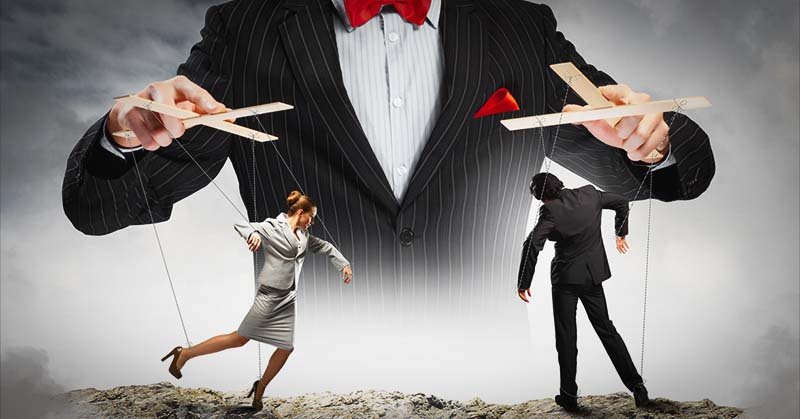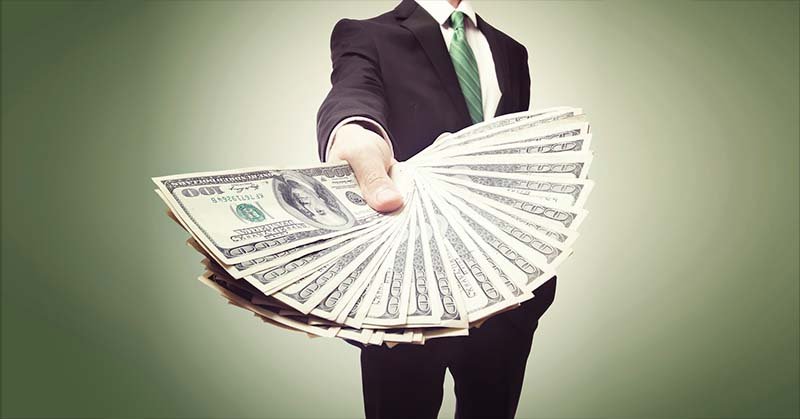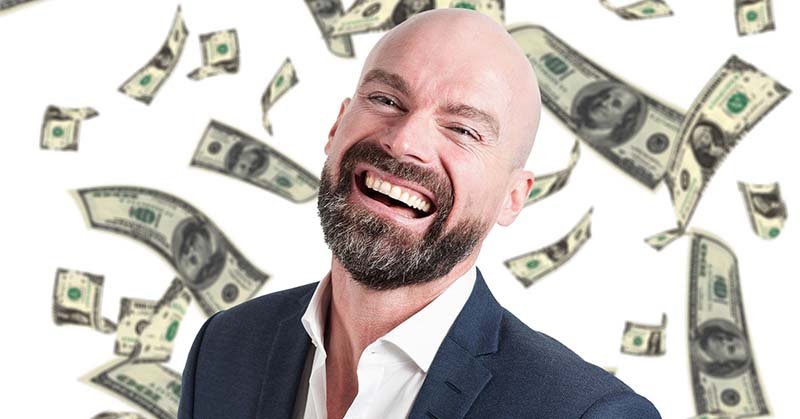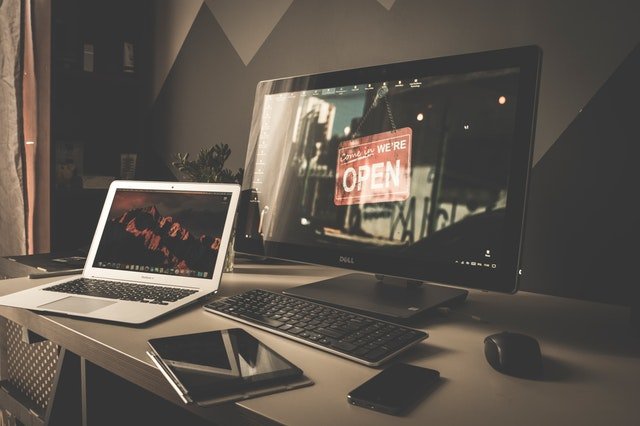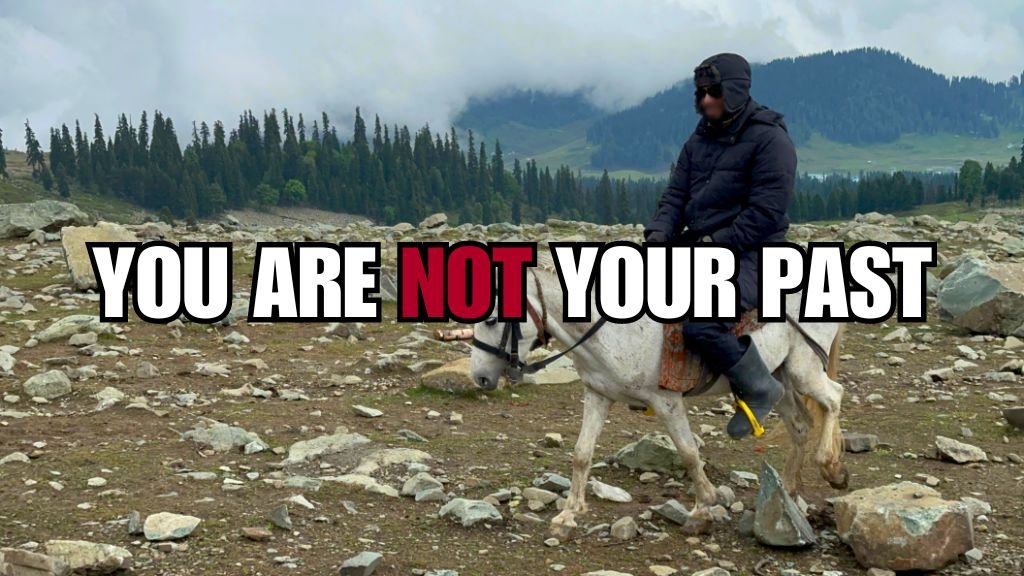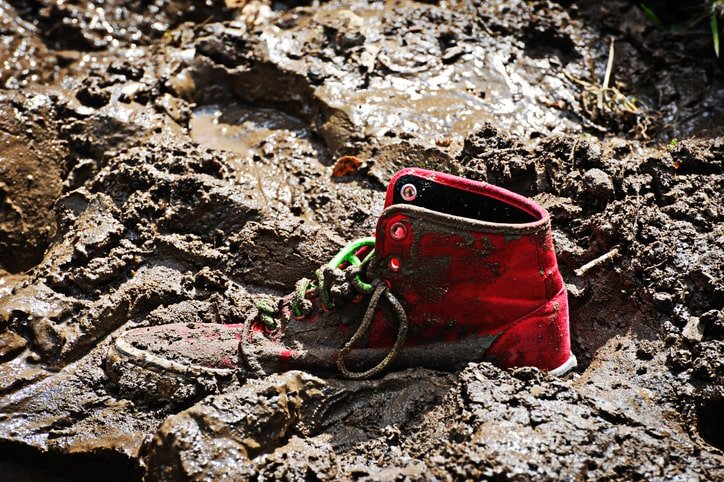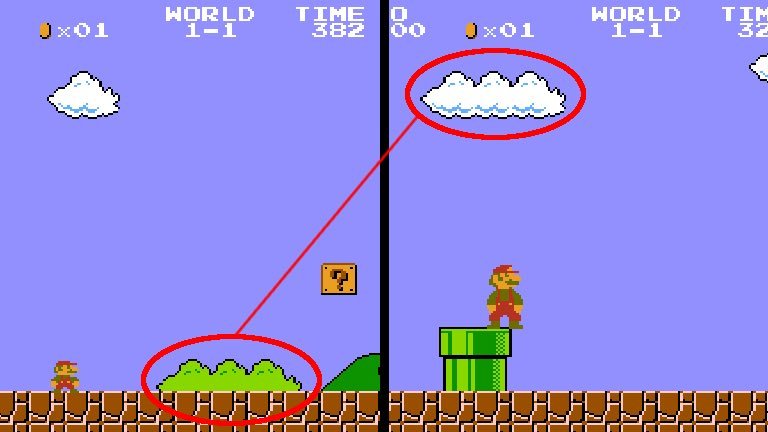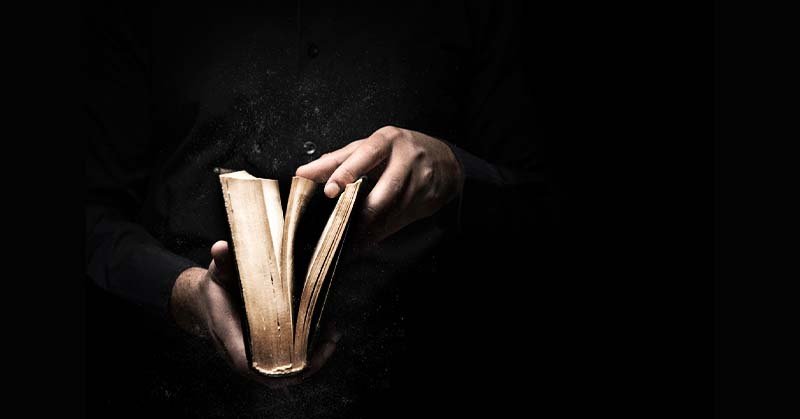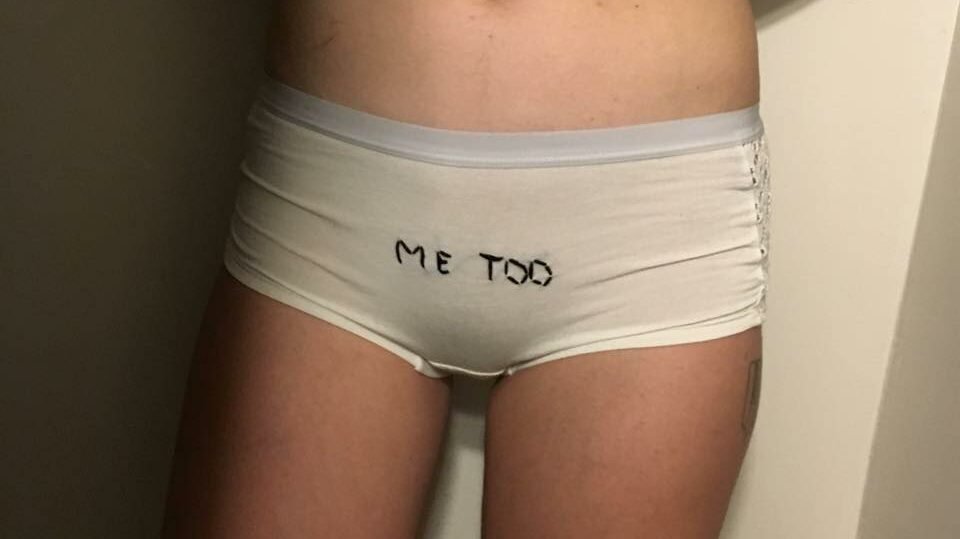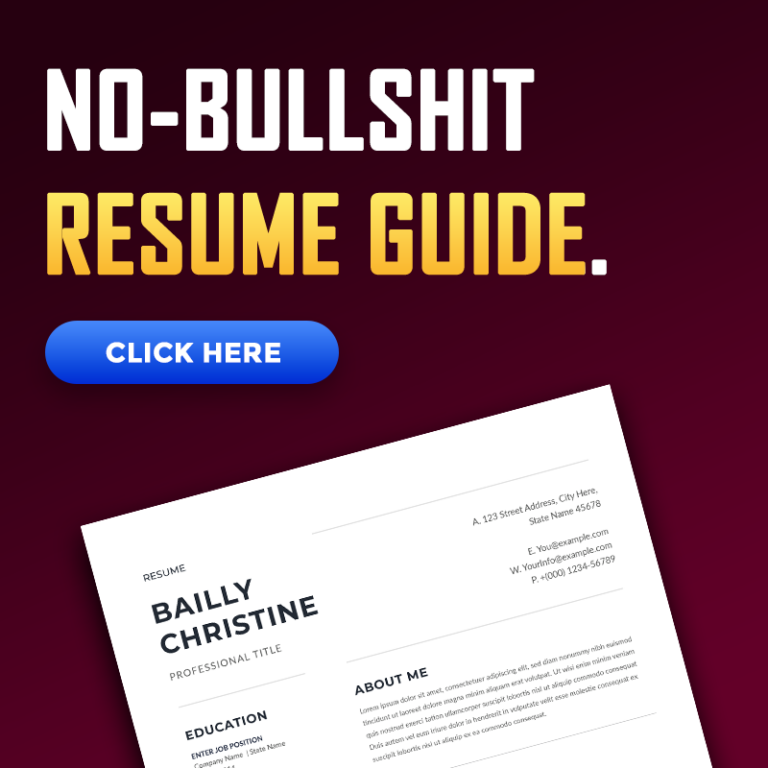The age-old and most effective money advice you can ever take is:
KEEP TO YOURSELF 20% OF ALL YOU EARN
In other words, save 20% of all your receipts.
Sounds pretty basic, but you’ll be surprised how few people actually follow this.
I’ve seen people who make more than $1 Million a year but have less than $1000 in savings.
I am recommending that you live below your means by 20%. Immediately separate the 20% and move it to a different account so you don’t mistakenly spend it.
This ratio can be increased to 30% if you do not live in a large city.
The money saved has to be invested properly.
- A third of the savings should be kept in safe liquid assets such as fixed deposits and highly liquid debt scripts.
- A third of the savings should be kept in risky assets such as equity oriented mutual funds or an index fund. This allows you to take advantage of the growing economy and at the same time keeps you from stagnancy.
- The remaining third can be allotted between the above based on your risk preferences, or it can be set aside for a major asset purchase. It may be noted that the asset referred here means assets that appreciate over time (such as land or a house) and not those that depreciate with time and use (such as a car).
Don’t forget the power of compound interest. You can’t enjoy the benefits of compounding if you don’t keep any money invested.
I am by no means suggesting that you should live frugally; I am merely saying that you should live within your means and control your expenditures to fit inside 80% of receipts.
At any point, you should have at least a year’s worth of expenditure as savings.
If you are on the extreme end of the line, where you live paycheck to paycheck, and have less than a month’s worth of expenditure in your rainy day account, disaster is already here.
You are one sickness, one market crash, one lost job away from crisis.
One major illness and you could be homeless. One market correction, and you would be forced to call friends and relatives for money to survive.
One lost job, and you would be facing complete financial ruin.
You need to take urgent and immediate steps to rectify the situation. This includes living frugally, trying to settle the debt, cutting off unnecessary services (such as cable) and doing everything possible to increase the top line (receipts).
Your financial health is yours and yours alone to manage.
Having enough money in your bank account is a freeing experience – and not everyone has that freedom – and you know what – most people never will.
~What about credit cards?~
Unless you are the type of person who always pays off credit cards within the due date and uses them purely for the convenience and the reward points, you would probably be better off staying away from credit cards.
Don’t spend money you don’t have. The interest rates are ridiculous, and the fees are exorbitant if you happen to miss a payment.
Use credit cards only where you already have the money in your bank account to pay it off (i.e., use just for convenience and reward points).
And don’t forget to check the monthly statements for unauthorized charges and unexpected bank fees.
For readers who are interested in more simple strategies they can use to manage their personal finances, I recommend reading:
The Richest Man in Babylon (India, UK, USA) by George S. Caston
This is the best book on basic personal finance you’ll find – most of the lessons can be applied immediately.
Disclaimer: Although we are finance professionals, this is not professional advice. Your decisions are yours alone.

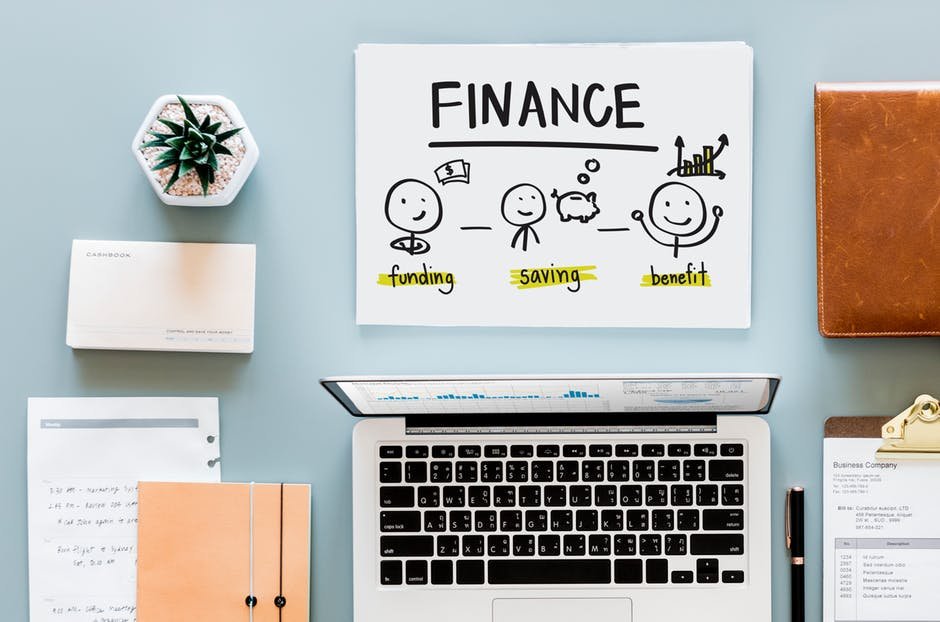

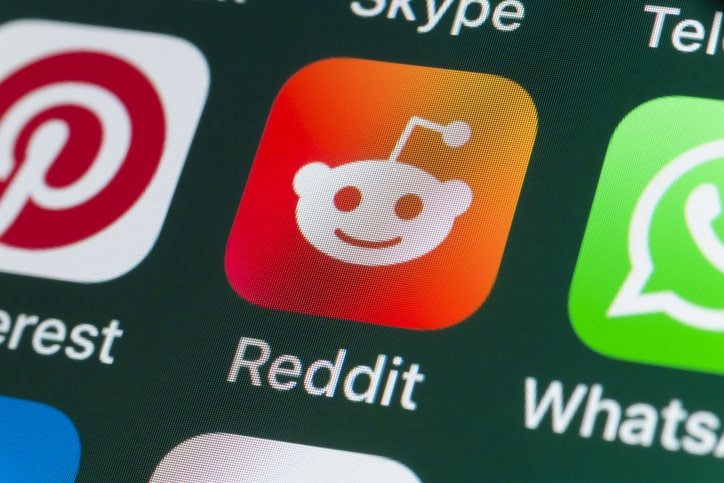


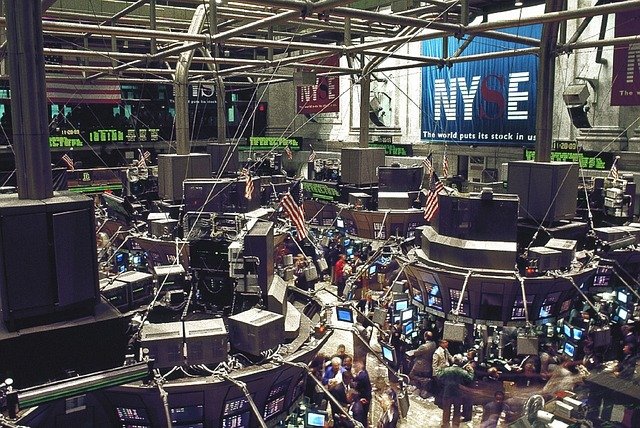



![Traits Women Find Attractive Traits Women Find Attractive (And How to Score Yourself) [PART 1: Physical Aspects]](https://lifemathmoney.b-cdn.net/wp-content/uploads/2025/11/Traits-Women-Find-Attractive-1.jpg)




